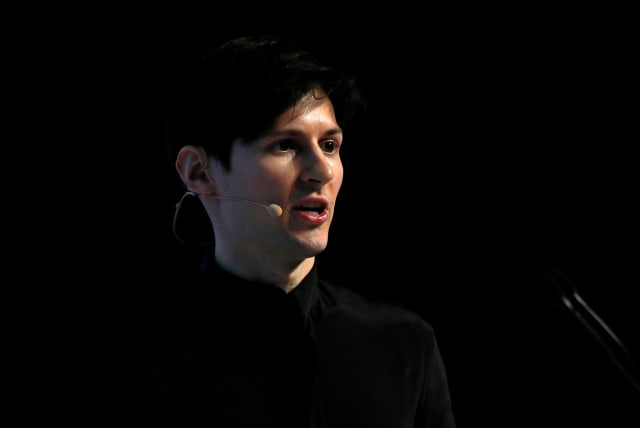Pavel Durov, the 39-year-old founder and CEO of Telegram, was arrested at Le Bourget airport in Paris. He was taken into custody as he stepped off his private jet after arriving from Azerbaijan.
Arrest of Pavel Durov at a French Airport
The French authorities had issued an arrest warrant for Durov, which could only be enforced once he was on French soil. This led him to travel through various countries, including the UAE, former Soviet nations, and parts of South America, in an attempt to avoid arrest. However, his journey ended in France, where he was immediately detained by the French judicial police, known as OFMIN.
The arrest was related to multiple serious allegations against Durov, including terrorism, narcotics supply, fraud, money laundering, and receiving stolen goods. These charges were brought forward due to Durov’s lack of cooperation with law enforcement and suspected involvement in various criminal activities. The French media reported that Durov was arrested around 8 p.m. local time. A source close to the investigation mentioned that his arrival in France might have been a mistake, and there was uncertainty about whether his stopover in France was intentional.
The Allegations and Potential Consequences
Durov’s arrest has sparked significant media attention, especially given the gravity of the charges. He is accused of facilitating an “incalculable number of offenses and crimes” on his messaging platform, Telegram. The platform has been under scrutiny for its lax moderation policies, which have allegedly allowed harmful activities to flourish. Despite these serious accusations, Durov had consistently positioned Telegram as a neutral platform, free from geopolitical interference.
Amsterdam’s Move to Ban Telegram: Addressing Cybersecurity and Espionage Risks
According to reports, Pavel Durov could face up to 20 years in prison if convicted of the charges against him. The specific allegations include not only the operation of a platform used for illegal activities but also direct complicity in these crimes. These accusations are severe, with terrorism, drug trafficking, and money laundering being among the most serious.
French investigators from the anti-fraud directorate were involved in placing Pavel Durov in custody. He was expected to appear before a judge shortly after his arrest, where a decision would be made regarding his indictment. The outcome of this legal process could have far-reaching implications for Durov and his company.
Georgia Tech Faces Lawsuit Over Alleged Cybersecurity Violations
Telegram’s Controversial Role
Telegram, the messaging app founded by Durov, has long been a subject of controversy. With over 900 million active users, the platform has faced criticism for its lack of moderation and the potential misuse by various groups. The app’s privacy and encryption policies have attracted individuals and organizations looking to spread harmful content, including misinformation, hate speech, and even terrorist propaganda.
The platform’s connection to criminal activities has been highlighted in several instances, where law enforcement agencies have struggled to penetrate its secure communications. This has made Telegram a preferred choice for those seeking to operate outside the bounds of the law. The platform’s minimal staff—Pavel Durov once stated that Telegram employs only around 30 engineers—has further fueled concerns about its ability to effectively monitor and control the content shared on it.
Pavel Durov, who left Russia in 2014 after refusing to comply with government demands to shut down opposition communities on his previous social media platform, VK, has consistently defended Telegram’s stance on privacy and neutrality. However, these principles have also made the platform a haven for illicit activities, leading to increased scrutiny from governments and law enforcement agencies worldwide.
Durov’s arrest marks a significant moment in the ongoing debate about the role of social media platforms in moderating content and cooperating with law enforcement. As the legal proceedings unfold, the implications for Telegram and its users remain uncertain. The case against Pavel Durov could potentially set a precedent for how tech companies are held accountable for the activities that take place on their platforms.


